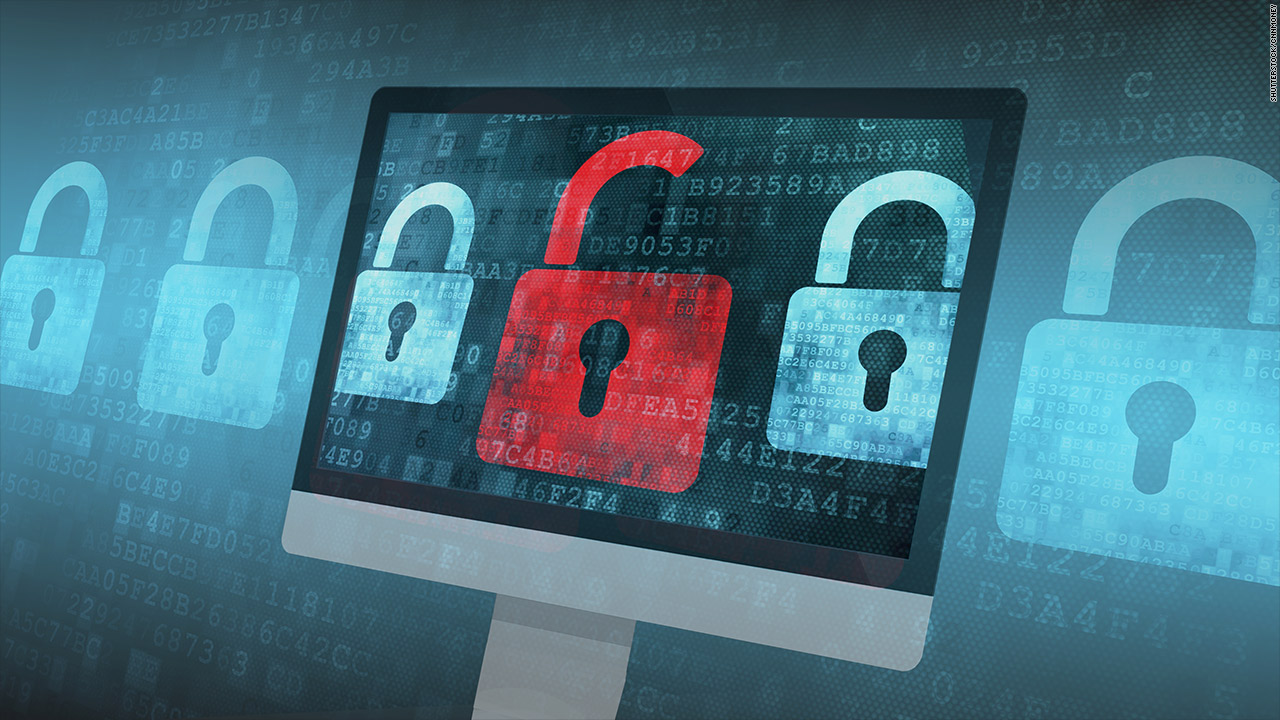Cybercrime apparently cost the world over $1 trillion in 2020
That's equivalent to 1% of global GDP

Sign up for breaking news, reviews, opinion, top tech deals, and more.
You are now subscribed
Your newsletter sign-up was successful
Cybercrime is having a truly major impact on the global economy, a new report has claimed. According to Atlas VPN, when the cumulative cost of cyber incidents is added to the economic outlay of putting security measures in place, the cost of cybercrime totaled more than $1 trillion across the world last year.
The staggering figure means that around 1% of global GDP is lost to cybercrime, as across 2020, $945 billion was lost as a result of cyber incidents, with a further $145 billion spent on cybersecurity efforts.
These figures represent an increase of more than 50% when compared to 2018 when just over $600 billion was spent on mitigating cybercrime.
- We've put together a list of the best endpoint protection software
- We've highlighted the best antivirus solutions around
- Also, check out our roundup of the best identity theft protection tools
Worryingly, despite the financial damage caused by cybercrime, many organizations remain underprepared when disaster strikes. Atlas VPN also found that 20% of businesses have no plan for how to protect against cybercrime events, with Japanese companies being the worst offenders – around 4% of organizations in the country have no cybersecurity plans.
Counting the cost
“No organization is completely immune to cyberattacks, while their consequences can be devastating,” said Rachel Welch, COO of Atlas VPN. “Therefore, both preventive and reactive cybersecurity strategies are essential if a company wants to mitigate cybercrime risks. Having an action plan should your organization get hacked is just as important as safeguarding it against such threats.”
The lack of preparedness against cybersecurity threats is particularly worrying given that cybercriminals are constantly coming up with new attack methods. Threat actors are adept at targeting various operating systems, including Android and mac devices, and can employ a multitude of methods, from phishing to ransomware.
According to the data compiled by Atlas VPN, which was taken from McAfee’s “Hidden Cost of Cybercrime” report, the financial damage of cybercrime is only traveling in one direction. Organizations need to act fast if they want to safeguard themselves against economic and reputational damage.
Sign up to the TechRadar Pro newsletter to get all the top news, opinion, features and guidance your business needs to succeed!
- Keep your devices virus-free with the best malware removal software
Barclay has been writing about technology for a decade, starting out as a freelancer with ITProPortal covering everything from London’s start-up scene to comparisons of the best cloud storage services. After that, he spent some time as the managing editor of an online outlet focusing on cloud computing, furthering his interest in virtualization, Big Data, and the Internet of Things.
